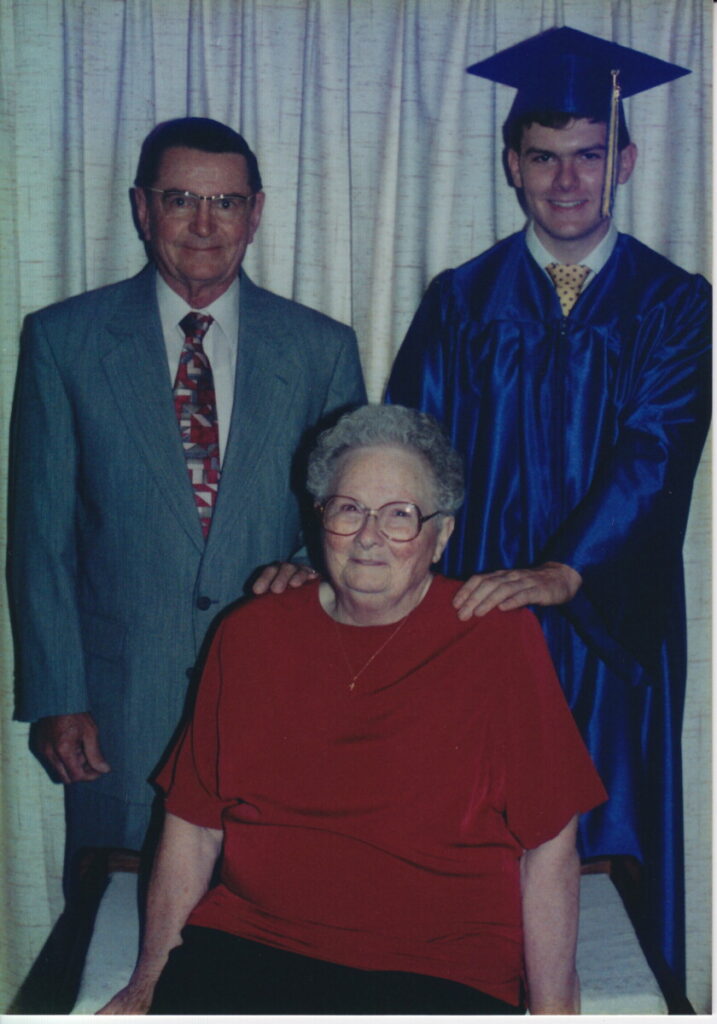
- Brief Introduction
- Beginning of Class Writing Assignment
- Click on the title of this blog post, “Week 7,” scroll down to the comment area, and write at least 250 words in response to this week’s readings. You can summarize the readings, you can relate the readings to your own experience or something else you have read or learned about, etc. Any writing of 250 words or more that are related to the readings are fair game for this weekly assignment at the beginning of class.
- Post your comment after 15 minutes even if you don’t reach the 250 word minimum threshold.
- Why we are doing this: It helps you organize your thoughts before discussion and it gives you regular writing practice.
- Discuss the readings assigned for Week 7.
- Morford, M. (2015, September 26). How not to be a networking leech: Tips for seeking professional advice. The New York Times. https://www.nytimes.com/2015/09/27/jobs/how-not-to-be-a-networking-leech-tips-for-seeking-professional-advice.html
- J. Bloch, “Envisioning career paths in technical communication: A survey of participants in a technical communication graduate program,” 2012 IEEE International Professional Communication Conference, Orlando, FL, USA, 2012, pp. 1-8, doi: 10.1109/IPCC.2012.6408639. [Download from https://ieeexplore-ieee-org.citytech.ezproxy.cuny.edu/document/6408639]
- Department Website at Northern Kentucky University
- Dr. Block’s LinkedIn Profile
- Discuss internships
- Where is everyone at in work or applications?
- Write It Forward
- Weekly Log
- Remember to add an entry to your logbook for each week until the end of the semester and keep all of your logs in a single file (Google Doc, Word docx, OpenOffice odf, etc.). Include the first date of a given week for each entry at the top of the page. Write at least 250 words about your current or past experience as appropriate. For example, if you are currently in an internship, your logs should record your experiences, thoughts, challenges, solutions, etc. that you find significant each week. Or, if you have completed your internship, your logs can be about experiences, projects, interactions with people in the workplace, challenges, solutions, etc. based on your past experience. And, if you are continuing in a new internship for additional experience, you can write about that, too. The point is to write at least 250 words per entry with one entry per week about your experience in the internship.
- Why we are doing this: It helps you articulate your work experience so that you may better reflect on, consider, remember, and act on those experiences as you transition into the workplace. Additionally, it gives you extra writing practice, which research shows will automatically improve your writing ability.
- Talk about new extra credit opportunity.
- Review readings and homework for next week.




In the article about networking, the author used his personal experience to explain that their should be a balance in how you network. Being too overbearing is rude and inconsiderate because networking, as he mentions is you asking for a favor from someone, so it’s important to be corgial and network on their terms.
The article on career paths for technical writing showed three different groups of graduates and had them answer questions that we’re charted to show us the different career paths the group members took. The earlier groups moved to medical, the next group to business and law, and the last to technology and IT. This showed the trends of the graduate groups and the overall movements in the technical writing field. The groups also spent less time in their initial technical writing field.
Most of the graduates explained that networking is essential to keep your career moving, because it might be a dead end job other wise. Many expressed that moving into IT was a good career move.
However most of them are happy with their career choice, despite the challenges (respect, technology, networking)
Envisioning Career Paths in Technical Communication: A Survey of Participants in a Technical Communication Graduate Program is about how much Technical Writing has developed, how people view Technical Writing, and some advice on networking and the technical writing career. Technical writers are not high up on the corporate ladder and the skills of a technical writer are viewed as not crucial skill. It is a “nice to have:” skill. People don’t respect technical writing or technical writers even though our skills are important. There is a lack of understanding of the degree and people don’t really idolize technical writers. You need to have networking and connections if you want to be a successful technical writer. Some technical writer’s career paths were analyzed and you never really know where you are going to end up but you should always be polishing your skills and gaining new ones. Gain as many skills as you possibly can. Any area of expertise you can learn, you should learn. A technical writer should be experienced and be ready for the future because the future will require many skills. There will be changes in the field. We need to demonstrate our value.
The article How Not to Be a Networking Leech: Tips for Seeking Professional Advice gives advice on how to network and not be a networking leech. A networking leech is someone who asks for free help in the guise of a conversation. The skills and help a professional would usually be paid for are asked for free. The author believes in helping people and has been helped by others during her career. The meeting should be convenient and you should buy them the meal or coffee. You shouldn’t argue about the advice or point out why it wouldn’t work for you. Instead tell them your situation and seek what they would do. It is up to you whether you use the advice you have been given. Prepare your questions so you don’t waste time. Tell whoever you are meeting the questions in advance so they can think about their response earlier. Don’t ask for copyrighted stuff or intellectual property or materials. Take notes during your meeting and don’t ask for a written follow-up. “No one should get homework after agreeing to help someone.” After the meeting consider what you can do for them and do it. Thank the person more than once. One thing you should do is send a handwritten note and not an email or text. Don’t tell others about the expert because you shouldn’t. “Ask an expert for free help only once. If the help someone offered you was so valuable that you would like them to provide it again, then pay for it the next time.” After you ask and receive help from others, help others who need your help. Pass it on and do favors and help people for nothing in return. If you don’t do anything for others, you will be a networking parasite.
The article by Bloch discussed how technical writing is a developing and evolving field as mentioned in previous readings. Something that is repetitive is how with technology advancing so does technological communication. One thing that really captivated me personally as a soon-to-graduate PTW major is that they wrote how the individual began. The article helps realize the range of career options available especially in an enclosed learning environment these terms have never been heard of. Many climbed the ladder and although it took them 4 years or more it was the culmination of those years that helped them get to a CEO or more higher-level position. Furthermore, the article goes on to explain how it is more likely to see a person designated for Technical Writing compared to a small business. Most positions, as the saying goes – wear different hats and writing is not a specialized field but something everyone is expected to do properly. One individual surveyed stated that the large business did not have a specific person/ knew they needed someone until they got there. It goes to show that this field is versatile and more cohesive once analyzed.
The New York Times Article resonated with me after my internship today. It was the first time I went and the environment/formalities were different than I was informed about previously.
I feel as though I am someone with different ideas and in a team, I would like to listen to which ones the members prefer as someone with ideas/suggestions, it is very restrictive especially in the early stages because you can not express as much as you’d like. The title of this article had the word leech, referring to a parasite that basically clings onto something until pried apart. Similarly, after reading this article there are certain boundaries you want to place and make sure to not cross the line. Relating back to the other readings, getting coffee or something briefly is a great way to network.
I look forward to implementing more about these informative readings in my internship!